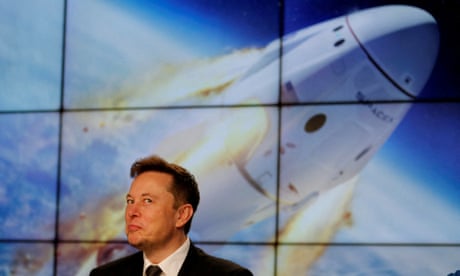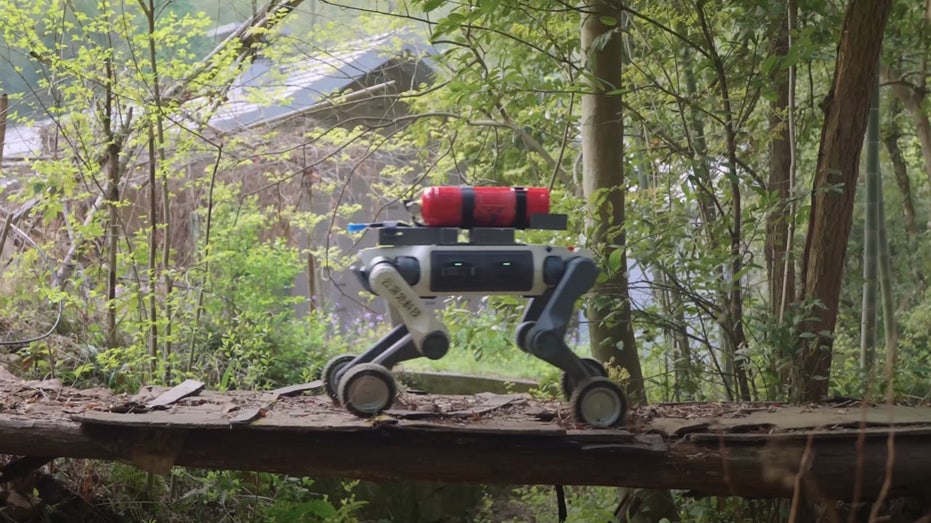- by foxnews
- 23 May 2025
Leave space missions to billionaires and robots, says astronomer royal
Leave space missions to billionaires and robots, says astronomer royal
- by theguardian
- 01 May 2022
- in technology

Lord Martin Rees said technical improvements and more sophisticated artificial intelligence meant robotic missions were becoming ever more capable of exploration, and even construction, in space, making it unnecessary for space agencies to front far-flung human missions.
While human genetic modification should be heavily regulated on Earth, Rees said, Mars settlers would be free to enhance their children to cope with life on the red planet. Doing so could drive the divergence of the species, he added, raising the unsettling prospect of Silicon Valley entrepreneurs being the seed stock for a bunch of puny post-humans, given the weak Martian gravity.
Astronauts last set foot on the moon half a century ago. Since then, humans have not ventured further than a few hundred miles into space, mostly to the International Space Station. Space agencies, including from the US, Europe, China and Russia, are now on course to return to the moon. Mars is next in line.
The cost is considerable because humans are fragile. The US president, Joe Biden, has requested $26bn (£20.6bn) for Nasa in 2023, with $7.5bn earmarked for the Artemis programme which aims to put the first woman and the first person of colour on the moon as early as 2025.
The astronomer, who argues the case in a new book, The End of Astronauts, believes private spacefarers will inspire people as much as space agency astronauts. But others are sceptical.
Didier Schmitt, the head of the strategy and coordination group for robotic and human exploration at the European Space Agency, said the trend for human spaceflight being used as soft power and power projection would continue.
- by foxnews
- descember 09, 2016
United Airlines flight returns to Hawaii after concerning message found on bathroom mirror; FBI investigating
United Airlines Flight 1169 to Los Angeles returned to Hawaii after a "potential security concern" aboard the plane. The FBI and police are investigating.
read more





